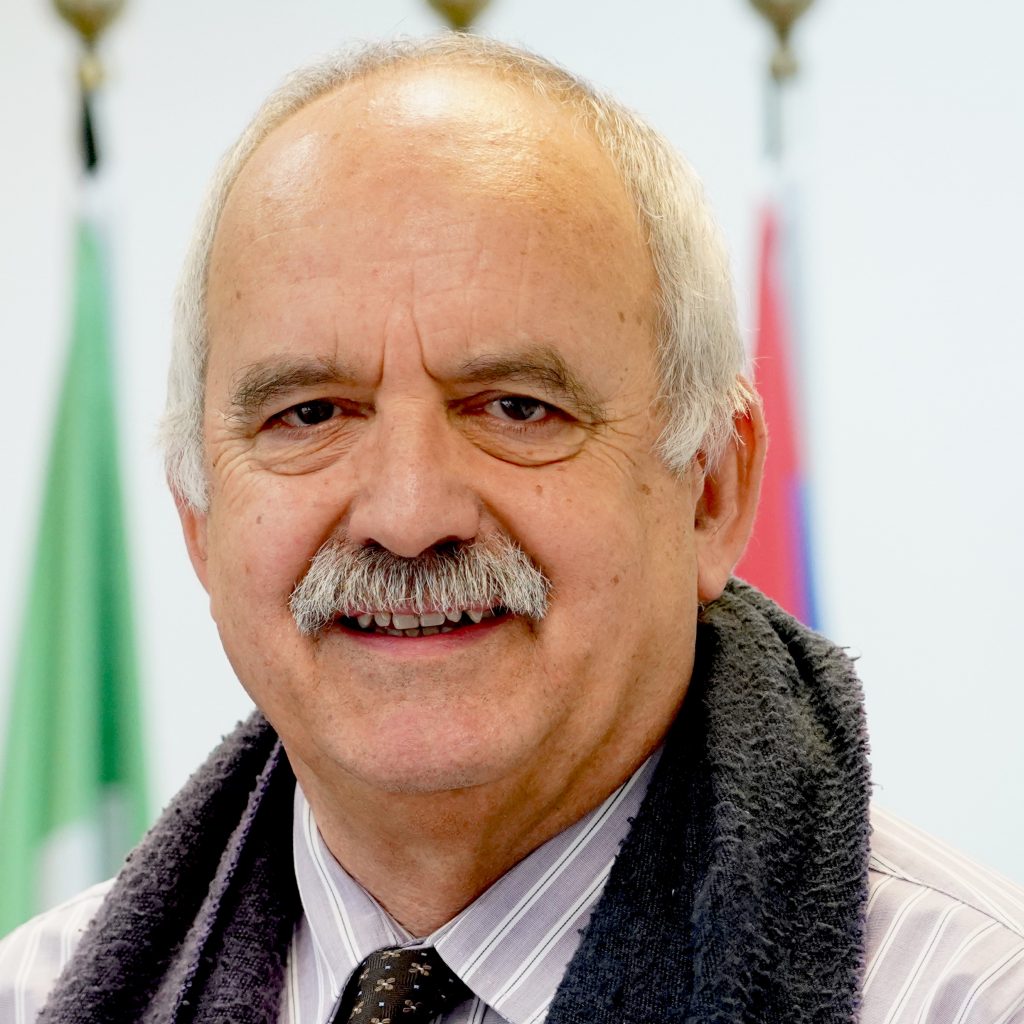
In his second of 2 blogs, Islamic Relief’s Senior Policy Advisor for Poverty Reduction, Jamie Williams, focuses on how locally-led adaptation can address the impacts of climate change. You can read Jamie’s previous blog in the series here.
In part one we detailed how the world is heating and that its climate systems are breaking down. Climate change is upon us.
As with all change people need to adapt and adjust. People, families, and communities naturally find ways to adapt on their own. These adaptations happen in different ways and in different places, no matter what the situation is, ranging from seeking information, to hazard-proofing one’s property. People and communities change how they do things because of the weather, even if they’re not thinking about climate change.
Building resilience against climate change effects is essential in West Africa, and for that the sustainable and rational exploitation of natural resources including water and land is crucial. In Ouallam commune, south-east Niger, a small group of women noted the high demand in markets for leaves of the moringa tree, known for its outstanding nutritional and health benefits, and decided to engage in moringa production. They borrowed land from relatives and planted trees.
Learning from how people naturally adapt can help us all plan better for the future. Community-based adaptation is when people plan together and use their own experiences to decide how to deal with climate change. In community-based adaptation, plans are based on both what experts say about climate and what people in the community have seen happening.
In Ethiopia, Islamic Relief teamed up with national agriculture experts to help pastoralists deal with the loss of their natural grazing land to drought. The farmers decided to grow food for their animals instead. They adapted to the dry conditions by cultivating and storing alfalfa. They also found and fixed an old well, so now they have water for themselves and their animals. Community-based adaptation helps groups like local community organisations and government agencies to do a better job of helping communities adapt to climate change. Community-based adaptation can help shape the national plans that countries make for dealing with climate change.
Adaptation needs to be led completely by people and their groups, not just partly. This means putting local groups like community members, schools, religious places, and local governments at the heart of it all. That way, the changes made to deal with things are decided by the people who live there, not just by outside experts. This is locally-led adaptation.
For the women of Ouallam, moringa production was not as good as they expected. They learned about Islamic Relief projects in their area and told us what worried them. They said they really wanted to know more about growing and selling moringa, make a business plan, get farming supplies and financial help, and find buyers for their crops. Islamic Relief helped by giving better irrigation, good seeds, and teaching sessions on what the women wanted to know. Now, they harvest more leave to sell and earn money for their families.
Islamic Relief identify the poorest and most vulnerable to lead the direction and application of climate adaptation efforts. We support them with money and resources to make them stronger so they can manage extreme weather and climate change better will be less likely to get hurt, and get better at dealing with changes in the future.
If you would like to help Islamic Relief support the most vulnerable communities in the face of climate change, please donate here.
BROWSE OTHER OPINIONS
FEATURED OPINIONS
- Self-isolation in Gaza: Coping with Covid-19
- Adapting for the future: The importance of community-based adaptation
- People in Gaza are in need of everything, but they need one thing above all else – an end to this war
- Financing the livestock value chain: Using Sharaka Bil Mawashi for Udhiyya
- “To help people in Syria we face difficulties and danger from the moment the sun rises”
MOST POPULAR TOPIC
View More









